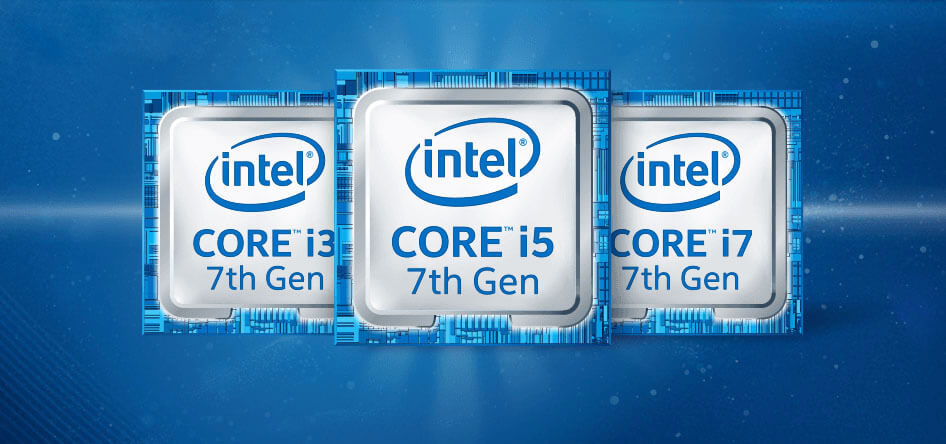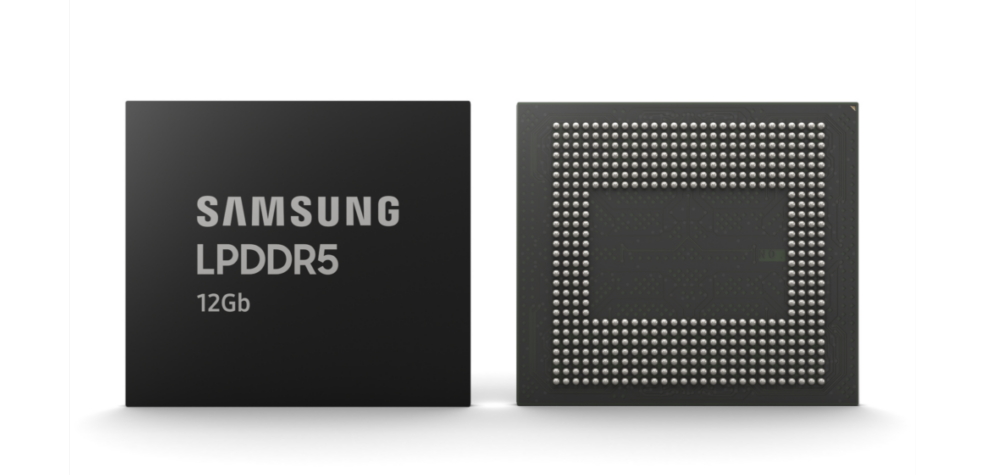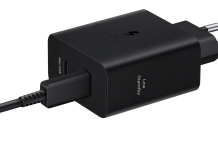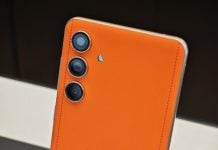Samsung, the smartphone manufacturer and electronics giant, has been beaten by Intel for the top spot in the semiconductor market. The former had initially broken the latter’s 24 year long streak at the top but has now fallen short.
Samsung is well known for its consumer grade electronic products like home appliances, smartphones and more. But, it is also an industry giant in the chip making market, with memory chips and other products. After the company became the most profitable tech company in 2017, the South Korean giant took the throne for the top spot in the semiconductor market after beating Intel.

The top spot was held by Samsung in 2018 after it outsold Intel in the same market. However, the second half of the same year saw the decline in Samsung’s business which had favored Intel. According to reports, the memory market had more supply than demand and prices for memory chips declined, leading to losses for the smartphone OEM. This plummet in the market took a whole year to normalize but 2019 still saw a fall of the sale price of NAND and DRAM flash products by up to 47.4 percent.
Samsung’s semiconductor division is one of its largest sources of revenue. Thus, the impact of the market decline was seen in its annual financial reports with the lowest profits seen in the past three years in 2019. In Q2 and Q3, the company saw a decline of 56 percent in profits while Q4 saw profits fall by 53 percent.
Editor’s Pick: Samsung Galaxy Z Flip to come with 3,300mAh battery, plastic film on ultra-thin glass display
On the other hand, Intel had not suffered from the same decline in the market as it is primarily a chipmaker, developing desktop and laptop grade processors rather than memory chips. Hence, it recovered relatively quickly in comparison to Samsung and took back the top spot in the global semiconductor market by revenue. The company made $65.8 billion while Samsung made $52.2 billion.

Owing to this, Samsung is currently investing in diversifying its semiconductor business. The move is from a strategic standpoint to generate more revenue from non-memory based operations. This might have allowed the company to also receive an order from Intel to manufacture its 14nm chips, as the company is struggling with CPU supply. Since the memory market is expected to recover by 2020 as the excess inventory is exhausted, Samsung is projected to retake the lead soon.
UP NEXT: Huawei Mate Xs to launch in March 2020, with a better display and hinge
(Via)







